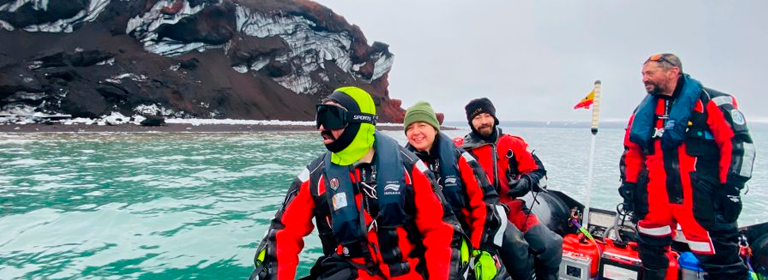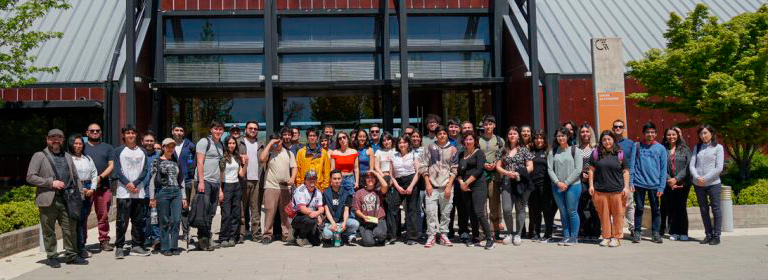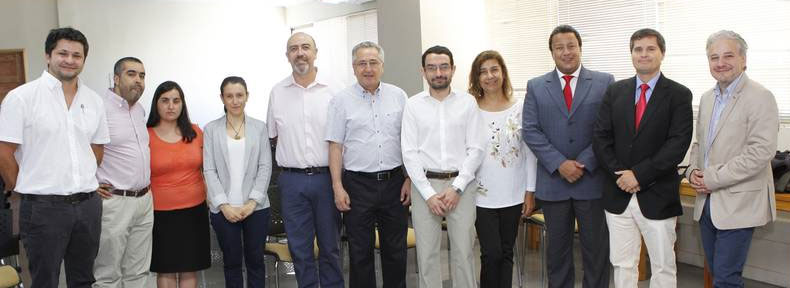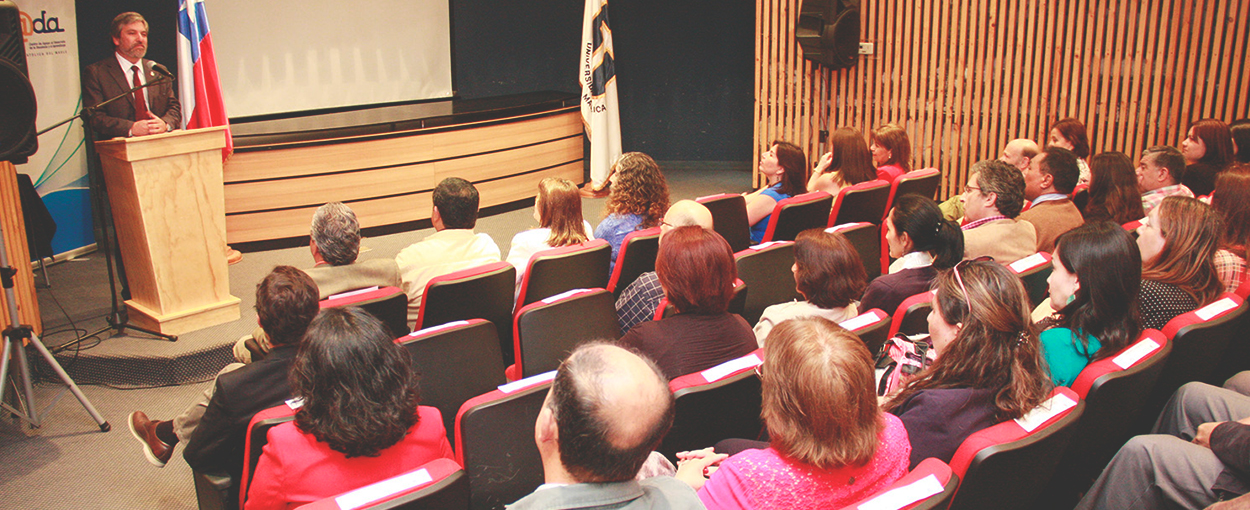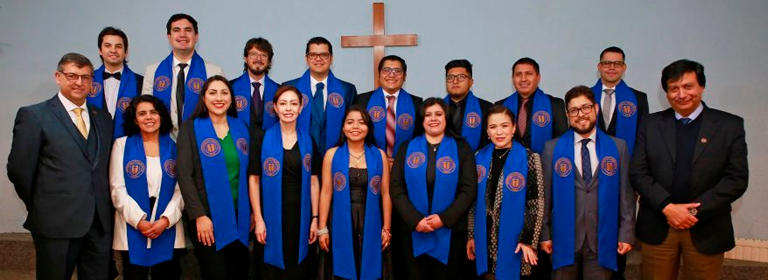A new expedition of scientists, formed by Hugo Benítez and Tamara Contador, installed an earth observatory in the white continent to characterize the biodiversity of some species.
 Hugo Benítez had spent six years reveling from his laboratory at UCM the patterns of invasion of exotic species in the distant Antarctic. Until finally, he was able to set foot in the Arctic Circle in early 2023.
Hugo Benítez had spent six years reveling from his laboratory at UCM the patterns of invasion of exotic species in the distant Antarctic. Until finally, he was able to set foot in the Arctic Circle in early 2023.
“For logistic motifs, I never had the chance to go. Now, with the Instituto Milenio Base, the opportunity was given, and it is possible we need to go to all the expeditions for at least 20 days for the next nine years,” announced the scientist.
Benítez, who also is director of the Research Center for Advanced Studies of Maule (CIEAM, by its initials in Spanish), is part of one of the teams called BASE of the Instituto Milenio, that at this opportunity monitors invertebrates and some plants.
Along with the researcher from the Universidad de Magallanes, Tamara Contador began the journey on Deception Island after arriving in the Fildes Peninsula.
“These are the two geographic points that were selected as monitoring areas for the earth observatory that perform the institute. Besides, that will allow us to characterize the biodiversity of the terrestrials and aquatics invertebrates, as also plants, lichens among other organisms, with a focus on the natives and endemic species of the zone,” He added.
The vigilance of the Antarctic animal kingdom, focused on invertebrates, includes the description of the inhabitant principally unknown to the American neighbors, as the super crustacean branchinecta gaini and Boeckella poppei and chemical measuring in lakes and lagoons.
“The idea is to characterize a long-term Antarctic critical zone and to correlate the characteristics physicochemical that measure a long-term with the associated biodiversity, and that manner to predict how the climate change is affecting the organisms and how the ecosystem adapts to these changes. Thus, propose conservation measurements for new Antarctic locations,” explained the Dr. in Evolutive Biology.
 Visiting an old friend
Visiting an old friend
Benítez takes advantage of the expedition to the white continent to meet with an old friend, an invasive insect that has taken on the last years of his research. The fly Trichocera maculipennis. This fly was described for the first time in 2013 in the Uruguay base of the Fildes Peninsula.
“It is a fly native of Europe that has arrived in the Antarctic resulting from human transport. It was primarily seen and described in the Artigas base and has spread in the last years in all the bases of King George Island, associated principally with the wastewater treatment plant. This subject is super sensitive to the white continent, where besides being critical of its monitoring and eradication plan, on the part of the Antarctic Treaty has been the subject of many studies conducted by our team to understand their invasion dynamics,” said the professor associated with the staff from the Maule region, who led an INACH project precisely to indagate the mosquito range of expansion.
“Along with doctor Contador, we have the meaningful mission of monitoring the two new invasive species in the Antarctic, where we are carrying the logistics and research for the future eradication and plans of monitoring,” revealed.
The scientist excursion in austral lands coincided with the trip of Aparna Banerjee and Alexis Castillo. Both researchers are also academics from the CIEAM and exanimated the fumaroles of Deception Island for a month.
“It was great for us as CIEAM to coincide with them at the same place. The characteristic of our work was not the same as theirs, but we could rest at the same base and spend time in the Antarctic three members from the Universidad Católica del Maule,” asserted Benitez.

